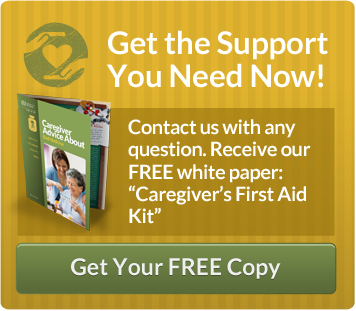-
Tech Scams Target Older Adults
Read moreAnyone who has raised children in the 21st century can probably remember helping their young ones learn how to...
February 1, 201600 -
Respite Care – The Holiday Gift to Yourself
Read moreBe honest if you’re a caregiver and you can answer YES to more than one of these questions. Sit...
November 23, 2015 -
21st Century Caregiving
Read moreIt was the extended family that took care of the children as well as mom and dad as they...
November 17, 2015 -
Intentional Caregiving
Read moreSo, you may be asking yourself, is there unintentional caregiving? The answer is “yes,” and there is a lot...
October 23, 2015 -
No ‘D’ in Dementia
Read moreWhen I say there is no ‘D’ in dementia, it is not that I am Deficient in spelling. Medical...
October 13, 2015 -
Complicated Caregiving for Complicated Families
Read moreToday’s posting is from one of our long-time staff members, Gregory Peebles. In addition to his Master’s degree, Gregory...
September 24, 2015 -
Caregiver Toast
Read moreToo much caregiving can be harmful to your health! I have talked in the past about how important it...
September 1, 2015 -
Predicting Dementia
Read moreWhen I speak with clients about dementia, there are usually three kinds of questions that come up a lot....
August 7, 2015 -
Medicare Scams Have Morphed
Read moreWhen Medicare is defrauded by crooked providers, pharmacists, or any person posing as an expert who can make a...
July 16, 2015 -
8 Health Tips to Age Well
Read moreSome of us are “older,” but we ALL are aging. And there is no time like the present to...
July 2, 2015



